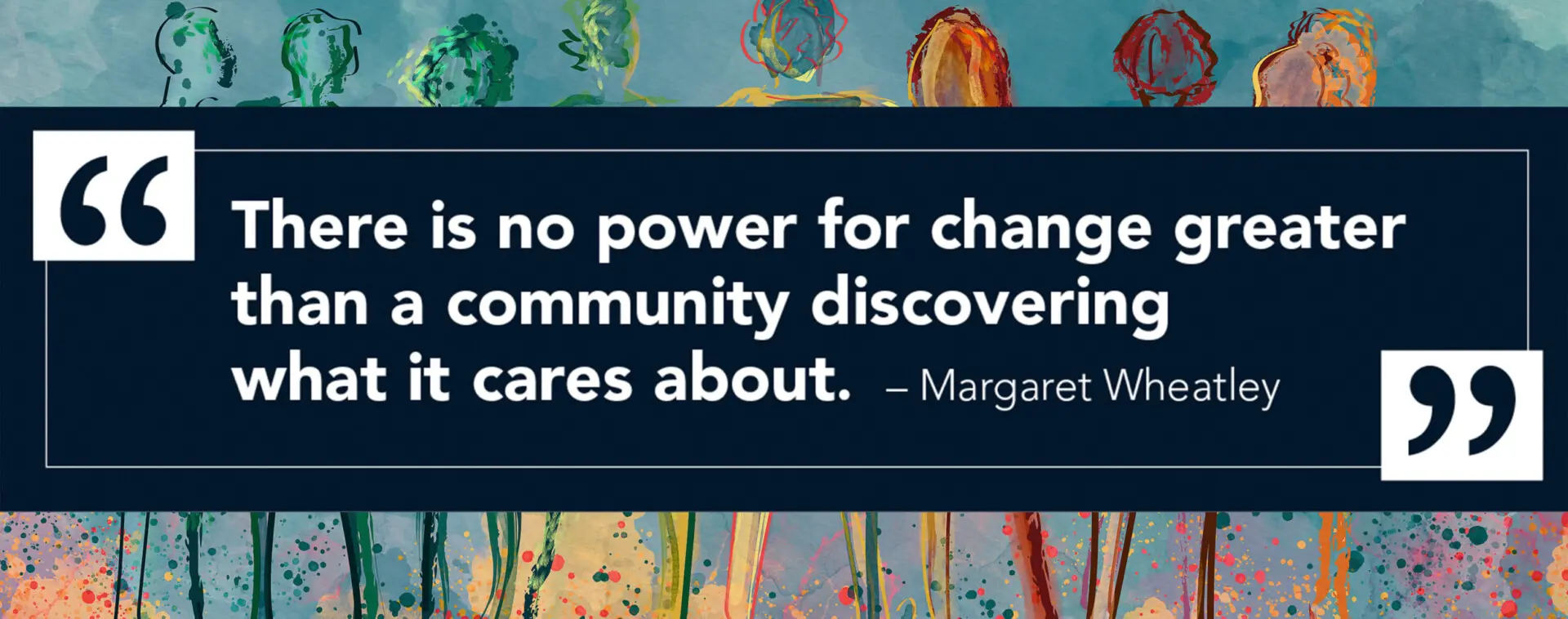Equity by Design

Culturally Responsive Teaching Basics
By acknowledging our own cultural lens, we can see our own biases, blind spots, and assumptions that may impact students negatively. To counter this, we can take steps to build trust, reduce student fear, and create independent learners. The techniques on this page are from Culturally Responsive Teaching and the Brain by Zaretta Hammond, a copy of which is available to check out from the AEI office in room 3110.
The two steps to Culturally Responsive Teaching are to build a trusting and supportive environment and then use that as a foundation to strengthen rigor and academic mindsets.
By building trust, we ensure that students are ‘calm and ready’ no matter what they may be experiencing outside the classroom. When they feel safe, they will be more willing to take risks and learn. We can hold students to high standards through effective course design that guides them towards independence and an ‘academic mindset’.
A useful framework for this type of teaching is that of ‘Warm Demander’: someone who is trustworthy and supporting while asking students to stretch their abilities to reach high standards
The Taskmaster
High Demand, Low Support
- No rapport but enthusiastic about subject
- Doesn’t care about getting to know students
- Very competent with technical side
- Support independent learners
- Likable but distant
The Elitist
Low Demand, Low Support
- Doesn’t build rapport or trust
- Professional distance
- No scaffolding
- Holds low expectations for dependent learners
- Allows them to disengage if not disruptive
The Caretaker
Low Demand, High Support
- Focus on building rapport or trust
- Makes excuses for students poor performance
- Holds low expectations out of pity
- Overprotective
- No scaffolding or room for ‘productive struggle’
The Warm Demander
High Demand, High Support
- Builds rapport and trust
- Offers instructional scaffolding
- Encourages productive struggle
- Demonstrates “tough love”
- Shows personal regard for students
Why
The goals are to better serve students from various backgrounds and create independent learners who are more confident and who adopt an academic mindset.
How
- Reflect on how your culture and upbringing may impact your teaching and classroom expectations: What was your college experience like? How might you be unconsciously emulating what you saw?
- Adopt a Warm Demander persona: do you need to work on support or rigor?
- Rewrite your syllabus to be more student friendly
- Build Community and Instructor Presence
- Read more about Adult Learning Theory to motivate students better
Equity by Design at Saint Paul College
What
Equity by Design is a Minnesota State system-wide program to increase equitable outcomes in our classrooms. At Saint Paul College, it takes the form of a 9-week faculty cohort facilitated jointly by The Vice President of Diversity, Equity, and Inclusion and Academic Effectiveness and Innovation (AEI) staff.
Over the course of a semester, participants will:
- Reflect on their own culture and how it influences instruction
- Increase their use of data through a unique Equity Dashboard
- Identify the fundamentals of Culturally Responsive Teaching
- Create a plan to apply these new teaching principles to their courses and measure the impact
Why
The goal of the program is to increase equitable outcomes in our classrooms using a data-driven approach. Not confident in your data analysis skills? Don’t worry! We will work together to learn how to analyze course success data and identify areas for improvement.
Then, using Zaretta Hammond’s book Culturally Responsive Teaching and the Brain as a foundation, we will learn how to become ‘Warm Demanders’ – instructors who simultaneously hold students to high standards while giving them the trust and support they need to succeed. We will also discuss ways to create welcoming classroom environments, build community and inclusivity in a class, and engage students from a diverse set of cultural backgrounds.
How
Interested in joining? The Equity by Design cohort runs every semester with 9 required weekly meetings; we’d love to have you participate! Please email aei@saintpaul.edu for the latest upcoming dates and registration information.